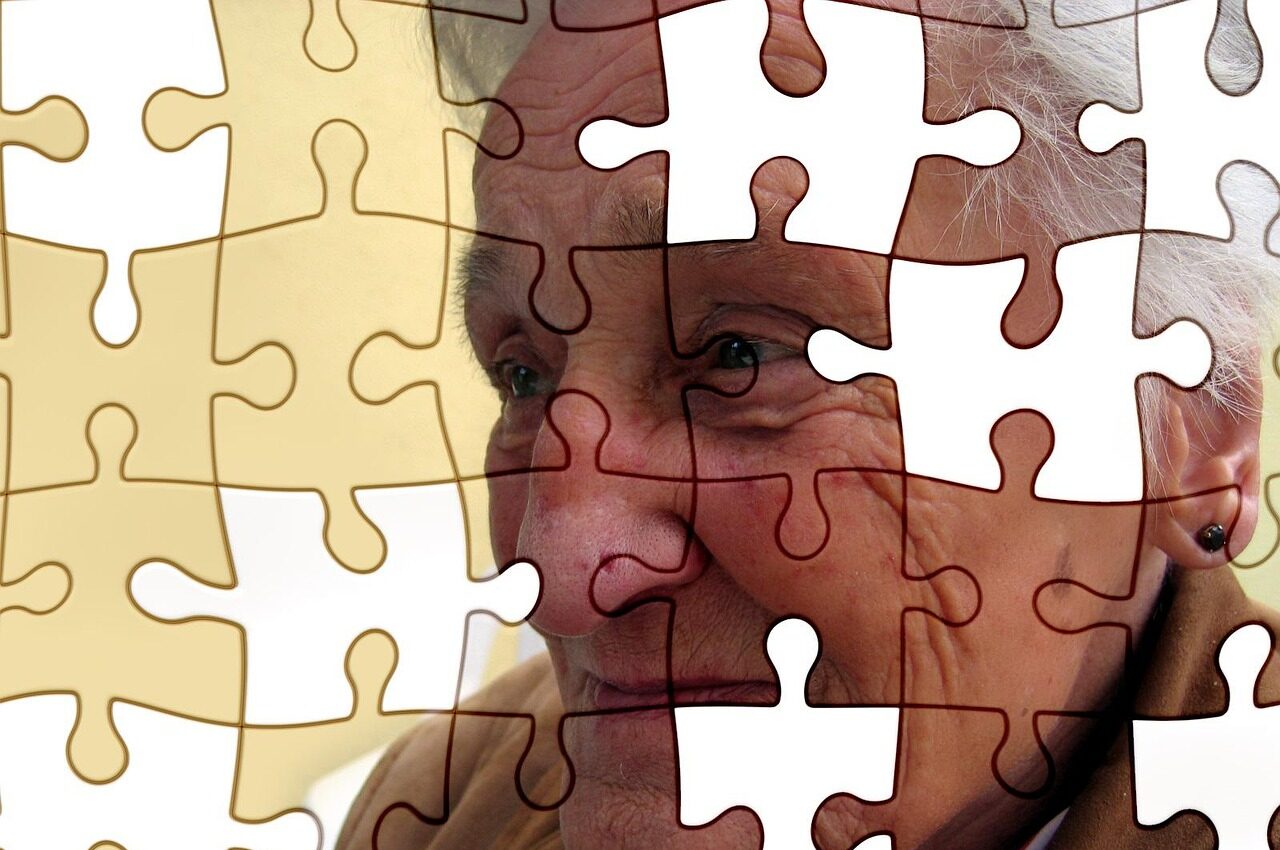 What is projection? Projection in psychology is a noted defense mechanism. When a person is projecting their issues, they are attributing things about themselves to others. For example, if you like to gossip about others but can’t face that part of your personality, you might project that onto someone else. You deflect this quality by talking about how gossipy your sister-in-law is so that people don’t notice that you’re someone who likes to talk about others behind their backs. Projection mainly stems from insecurities or fear of looking at one’s flaws. Your ego doesn’t want to admit that you have things that make you flawed. It’s important to remember that we all have things that we have to work on. The downside of projection is that it prevents you from gaining emotional insight. Here’s how to recognize that you’re projecting and find ways to help yourself grow as a person.
What is projection? Projection in psychology is a noted defense mechanism. When a person is projecting their issues, they are attributing things about themselves to others. For example, if you like to gossip about others but can’t face that part of your personality, you might project that onto someone else. You deflect this quality by talking about how gossipy your sister-in-law is so that people don’t notice that you’re someone who likes to talk about others behind their backs. Projection mainly stems from insecurities or fear of looking at one’s flaws. Your ego doesn’t want to admit that you have things that make you flawed. It’s important to remember that we all have things that we have to work on. The downside of projection is that it prevents you from gaining emotional insight. Here’s how to recognize that you’re projecting and find ways to help yourself grow as a person.
Learn more about yourself
People often project when they don’t have emotional awareness. The solution to that problem is to be mindful of how you’re feeling at any given moment. There are many ways to gain emotional insight. One of them is mindfulness. When you start to feel an emotion such as sadness, anger, or fear toward another person, ask yourself: what is this bringing up in me? Is there something that I can learn from these feelings? For example, let’s say that you’re irritated that a friend hasn’t called you back. Usually, this friend is excellent at keeping you in the loop and sticks to their promises. However, they seem to have forgotten about you. You may talk vent to another friend or loved one and accuse the person of being flaky. Why are you doing that? Perhaps it’s because you often forget to call your friends back. You’re upset because your friend did something that you’re guilty of, and it reminds you of what you don’t like in yourself. Here’s an excellent opportunity to recognize that and start to make changes.
Making changes in yourself
Projection is an opportunity to learn what your flaws are and start making life changes. Now that you know that you’re frustrated that you can be flaky or forgetful about keeping in touch with your friends, you can start to change that about yourself. Start making a concerted effort to keep your word to others. If you say you’re going to call a friend back, then make sure you do what you’ve promised. If you can’t get back to them in a reasonable time frame, then communicate that. Sometimes life catches us by surprise, and things come up. You can’t always get back to people immediately. However, you can share with others and let them know that you’re running behind. You can send a text or an email and let the person know that you will get back to them as soon as you can. Or provide them with a reasonable timeframe. People want to be considered. And that’s what you can do if you are running up against delays. You have the power to change your behavior.
Projection is a distraction for making changes in your life
As mentioned above, projection is a defense mechanism. Your ego does not want to admit that there are things that you need to change. However, it does not benefit you to live in denial. By deflecting the blame to others for your actions, you are avoiding your flaws. If you noticed that you are projecting, Try not to judge yourself. We all project sometimes. He can help to take a moment and stuff back and think about what is coming up for you? Why are you upset by someone else’s action? That answer will give you some emotional insight. If you’re having trouble navigating why you are projecting, you can always talk to a licensed therapist about it. It can be challenging to be objective about our defense mechanisms. Our ego wants us to believe that we are not flawed. However, we are. On the opposite end of the spectrum, some people are so critical of themselves that they struggle two make changes in their lives. They are convinced that they are fundamentally flawed. Whatever the reason you are projecting, you can get help. A therapist can help you delve into these concerns. You can learn more about projection on MyTherapist and gain some more emotional insight into why you’re engaging in this behavior.
Therapy can help you learn about projection
Therapy is an ideal environment to explore why you’re projecting your insecurities onto others. You can look at your childhood history and any triggers you have that could be causing your projection issues. A licensed therapist won’t judge you for projecting. They will help you learn your triggers and work through them. Learning about your insecurities can help you grow.

Photo credit: iStock
The post How Do I Know if I’m Projecting? appeared first on The Good Men Project.
Original Article










